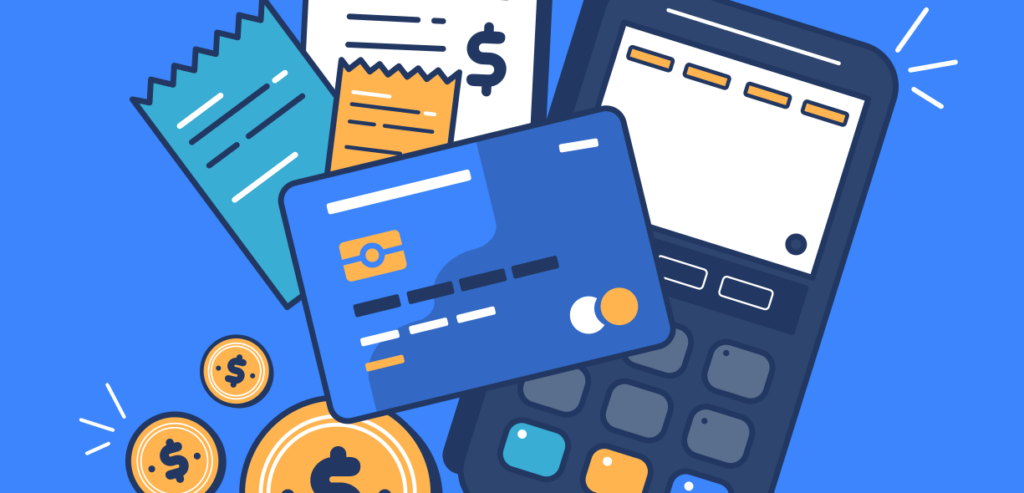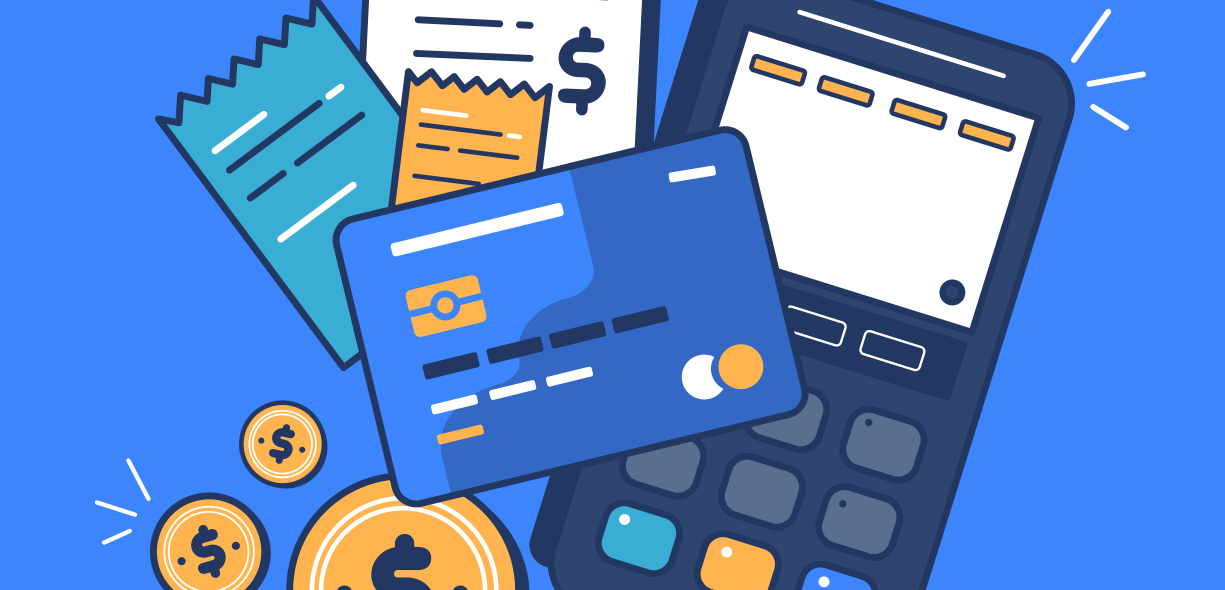Do you know the option of minimum payments on credit card? Credit cards offer convenience and flexibility, allowing consumers to make purchases and manage their finances. However, the ease of using credit cards can lead to financial pitfalls if not handled responsibly.
One common issue is the temptation to make only the minimum payment each month. While this option may seem attractive, it carries significant risks that can lead to long-term financial strain. In this article, we will explore the implications of making minimum payments on credit cards and offer tips for managing credit card debt effectively.

Understanding Minimum Payments
The minimum payment on a credit card is the smallest amount a cardholder is required to pay by the due date to keep the account in good standing. This amount typically includes interest charges, fees, and a small portion of the principal balance. Credit card issuers calculate the minimum payment based on various factors, including the outstanding balance and the interest rate.
The Allure of Minimum Payments
For many consumers, the option to pay only the minimum can be appealing, especially during months when finances are tight. It provides a temporary relief from the burden of debt and allows individuals to maintain their credit account without incurring late fees. However, relying on this payment option can lead to serious consequences.
The Long-Term Cost of Making Minimum Payments
While making the minimum payment keeps your account in good standing, it can be a costly choice in the long run. Here are several reasons why:
Accumulating Interest
Credit cards typically carry high-interest rates, and when you only make the minimum payment, the majority of your payment goes toward interest charges rather than reducing the principal balance. As a result, it can take years—sometimes decades—to pay off the debt, leading to a significant increase in the total amount paid over time.
Increased Debt Load
Continuing to make only minimum payments can cause your debt to grow rather than shrink. If you continue to use your credit card while carrying a balance, your outstanding debt can spiral out of control. This situation can lead to a cycle of debt that becomes increasingly difficult to manage.
Impact on Credit Score
Although making the minimum payment prevents late fees, it may not be the best strategy for maintaining a healthy credit score. High credit utilization, which occurs when a significant portion of your available credit is used, can negatively affect your score. Relying on minimum payments can keep your utilization high, which lenders may view unfavorably.
Strategies for Managing Credit Card Debt
To avoid the pitfalls of minimum payments, consider implementing these strategies to manage your credit card debt more effectively:
Pay More Than the Minimum – Minimum Payments
Whenever possible, try to pay more than the minimum payment. Even a small increase can significantly reduce the amount of interest paid over time and help you pay off your balance faster. Use any extra funds, such as bonuses or tax refunds, to make additional payments toward your debt.
Create a Budget – Minimum Payments
Developing a monthly budget can help you better understand your financial situation and prioritize payments. By allocating specific amounts for necessities and discretionary spending, you can free up funds to put toward your credit card balance.
Use a Debt Snowball or Avalanche Method – Minimum Payments
If you have multiple credit cards, consider using the debt snowball or avalanche method to pay off your balances. The debt snowball method focuses on paying off the smallest debts first, while the avalanche method targets the debts with the highest interest rates. Both strategies can provide motivation and help you tackle your debt more effectively.
Seek Professional Help – Minimum Payments
If you find yourself overwhelmed by credit card debt, consider seeking assistance from a financial advisor or credit counseling service. These professionals can help you create a debt repayment plan, negotiate with creditors, and provide guidance on improving your overall financial health.
Conclusion
While making the minimum payment on a credit card may seem like a viable option, it often leads to long-term financial challenges. The combination of accumulating interest, increased debt, and potential impacts on credit scores can create a cycle that is difficult to escape. By understanding the implications of minimum payments and adopting proactive debt management strategies, you can regain control of your finances and work







